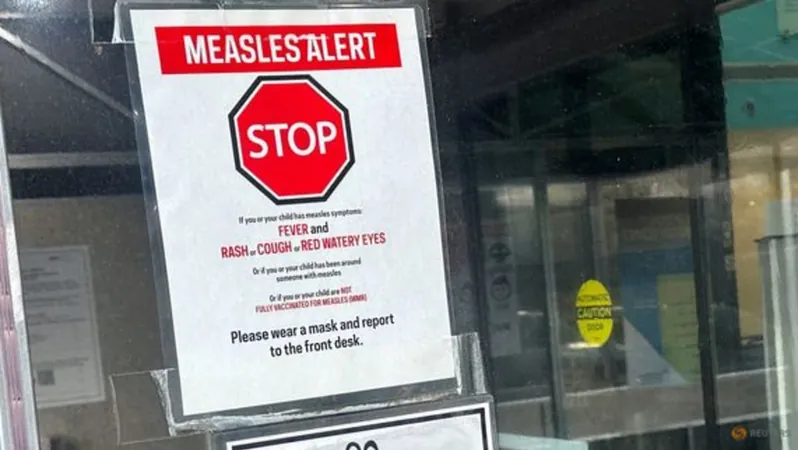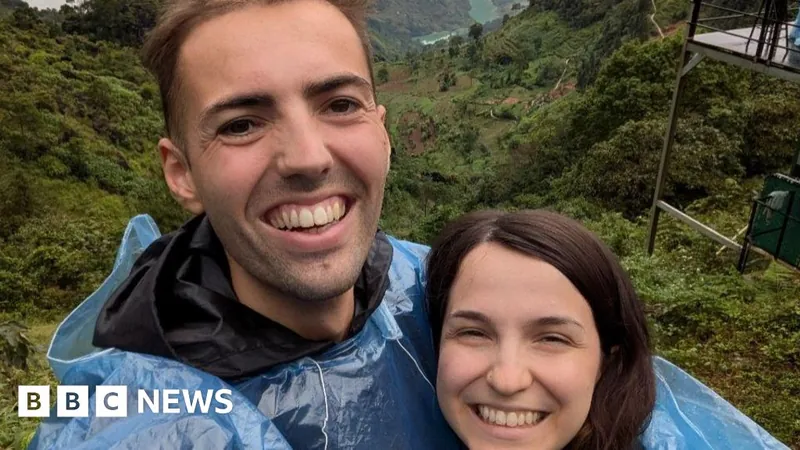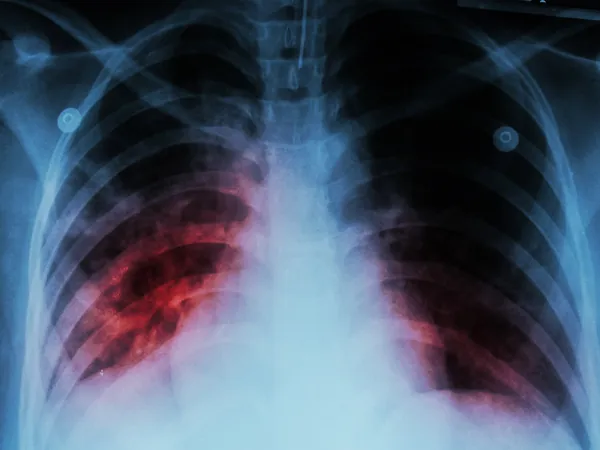
The Alarming Resurgence of Measles: Are We Prepared?
2025-05-12
Author: Li
Measles: The Most Contagious Disease is Back
The world is witnessing a shocking revival of one of the most contagious diseases known to humanity—measles. Recent reports reveal that the United States has confirmed 1,001 measles cases and recorded three fatalities as of May 9, marking a staggering rise from just 285 cases (with no deaths) in 2024. This alarming trend poses a significant threat to the status the World Health Organization (WHO) granted the US in 2000, recognizing it as measles-free. If this trajectory persists, that status could vanish by 2026.
A Global Epidemic on the Rise
Europe is not immune, with nearly 6,000 cases reported this year alone to the European Centre for Disease Prevention and Control. In the Western Pacific Region, which includes Southeast Asia, 2,584 measles cases were confirmed within the first three months of 2025—a 50% increase compared to 2024. Countries like Cambodia, Laos, Malaysia, the Philippines, and Vietnam are all reporting ongoing outbreaks, while Brunei and Singapore have successfully eliminated measles.
The Contagion's Nature and Its Tragic Toll
Measles is notorious for its astonishing contagiousness; one infected person can transmit the virus to 12-18 others. This makes it nearly twice as contagious as chickenpox and significantly more so than COVID-19 or influenza. In the current US outbreak, 30% of cases are among children under five, with a distressing one in four requiring hospitalization, and two young fatalities have been confirmed.
A Preventable Crisis
The deaths attributed to measles are tragically preventable. Since 1963, a highly effective vaccine has been widely available, saving an estimated 94 million lives over the past half-century—more than all other vaccine-preventable diseases combined, save for smallpox. However, a convergence of unfortunate factors stemming from the COVID-19 pandemic is exacerbating the return of this deadly disease.
Declining Vaccination Rates and Rising Hesitancy
Vaccination rates have plummeted as children missed routine immunizations during the pandemic, and immunization services have struggled to recover. Simultaneously, rising vaccine hesitancy—amplified by misinformation on social media—has deepened distrust in public health. Notable figures, like Robert Kennedy Jr., have contributed to this with lukewarm endorsements of vaccination.
The Crucial Need for Herd Immunity
Achieving herd immunity requires vaccination rates of at least 95% to prevent the virus's spread. Any decline in coverage leads to vulnerabilities. In the current US outbreak, almost all infected were unvaccinated. The resurgence of measles serves as a warning sign of faltering immunization programs, portending further public health crises.
A Looming Crisis in Public Health
If current trends continue, the measles crisis is set to worsen. The US has historically been a leader in global immunization efforts, contributing significantly to initiatives like Gavi, the Vaccine Alliance. However, recent cuts to international aid threaten to undercut these vital programs, including the WHO's Global Measles and Rubella Laboratory Network.
Singapore: Not Immune to Global Trends
Can Singapore remain unaffected? Despite high immunization rates—97% of children receive at least one MMR (measles, mumps, rubella) dose—the global rise in measles cases could lead to increased importation of the virus, posing risks to vulnerable infants and those with diminished immunity.
Taking Action: A Call to Arms Against Measles
Countries like Singapore can strengthen their regional vaccination efforts through partnerships and contributions. These investments should not be seen as burdensome; they represent critical public health safeguards against a disease that can easily cross borders. Furthermore, for every dollar spent on measles vaccination, countries receive up to $58 in economic and social returns.
The Road Ahead: Prioritizing Public Health
To protect its citizens, Singapore must ensure high vaccination rates while combating misinformation. Measles is no trivial illness, and the MMR vaccine is safe and effective. Society must confront and debunk the damaging myths propagated by anti-vaccine movements.
As global measles cases surge, the warning bells ring loudly for complacency, even in nations that have conquered the disease. This is a pivotal moment in public health, requiring vigilance and proactive measures to safeguard our communities from the looming threat of measles.



 Brasil (PT)
Brasil (PT)
 Canada (EN)
Canada (EN)
 Chile (ES)
Chile (ES)
 Česko (CS)
Česko (CS)
 대한민국 (KO)
대한민국 (KO)
 España (ES)
España (ES)
 France (FR)
France (FR)
 Hong Kong (EN)
Hong Kong (EN)
 Italia (IT)
Italia (IT)
 日本 (JA)
日本 (JA)
 Magyarország (HU)
Magyarország (HU)
 Norge (NO)
Norge (NO)
 Polska (PL)
Polska (PL)
 Schweiz (DE)
Schweiz (DE)
 Singapore (EN)
Singapore (EN)
 Sverige (SV)
Sverige (SV)
 Suomi (FI)
Suomi (FI)
 Türkiye (TR)
Türkiye (TR)
 الإمارات العربية المتحدة (AR)
الإمارات العربية المتحدة (AR)